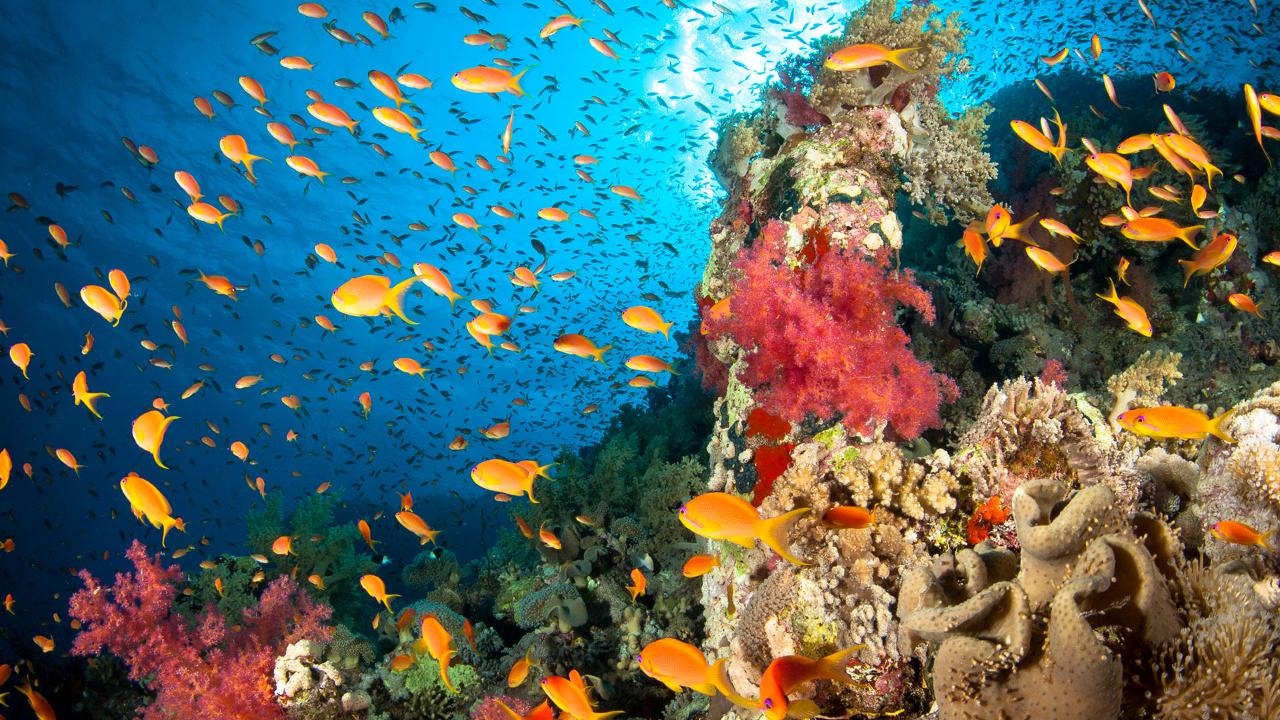Lab-Bred Species a Biological Fix to Help Rehabilitate Corals
Coral reefs have survived tens of thousands of years of natural change, but many of them may not be able to survive the havoc wrought by humankind.
Roughly one-quarter of coral reefs worldwide are already considered damaged beyond repair, with another two-thirds under serious threat. But a solution to this might be simpler than we anticipated- the answer to its recovery could lie in the reef itself, with a little help.
New super corals now bred by scientists could be tested on the Great Barrier Reef within a year as part of a global research effort to accelerate evolution and save the “rainforests of the seas” from extinction.
“It is a story of hope, rather than saying ‘it’s all going to die and there’s nothing we can do about it’,” said Prof Madeleine van Oppen, from the Australian Institute of Marine Science and the University of Melbourne.
The global coral bleaching catastrophe from 2014 to 2017 was the worst in recorded history. “That was a real wake up call,” said van Oppen, with the the world’s largest – Australia’s Great Barrier Reef – losing half its corals in two years, despite
being seen as the best managed. Current restoration methods, which simply replant the same nursery-raised corals, are no longer enough, she said: “It is only a matter of time before the next heatwave hits. It is very urgent that we develop these new interventions.”New experiments by van Oppen and team have shown that corals adapted to cooler water can be crossed with other species from warmer regions so that the hybrids withstand heat better. “I am very excited because the results are so promising,” she said.
The team, in an attempt to save these important ecosystems, has cross-bred different species of reef-building corals, developed new strains of the symbiotic algae that corals rely on and tested inoculations of protective bacteria. They are also mapping out the genomes of the algae to assess the potential for genetic engineering.
The team have now applied for a permit to test the hybrids on the Great Barrier Reef, potentially within a year. “I am hopeful that in the 2018 spawning, which is late in the year, we can place some of them out in the field,” van Oppen said.
Approaches to toughen up the symbiotic algae, which live in the coral animals’ tissues and provide them with food are also being considered. Further, Genetic engineering is also being explored, as it may be a fast way to get protective genes into corals and symbiotic algae. “We are starting to see what is possible in the laboratory,” said van Oppen and the group are already decoding the genomes of some symbionts.
Her team is also trying to strengthen coral algae. By using beneficial bacteria as a probiotic remedy, they can help corals cope with stress before they start to bleach. This approach would allow scientists to help an established reef get out of trouble instead of having to create one from scratch every time a coral reef dies.
While creating stronger coral might help reefs stay ahead of extinction for a little while, it is not a permanent solution since the climate might continue to get hotter at faster speeds. Still, as the environment evolves, scientists are determined to buy the oceans some time.































